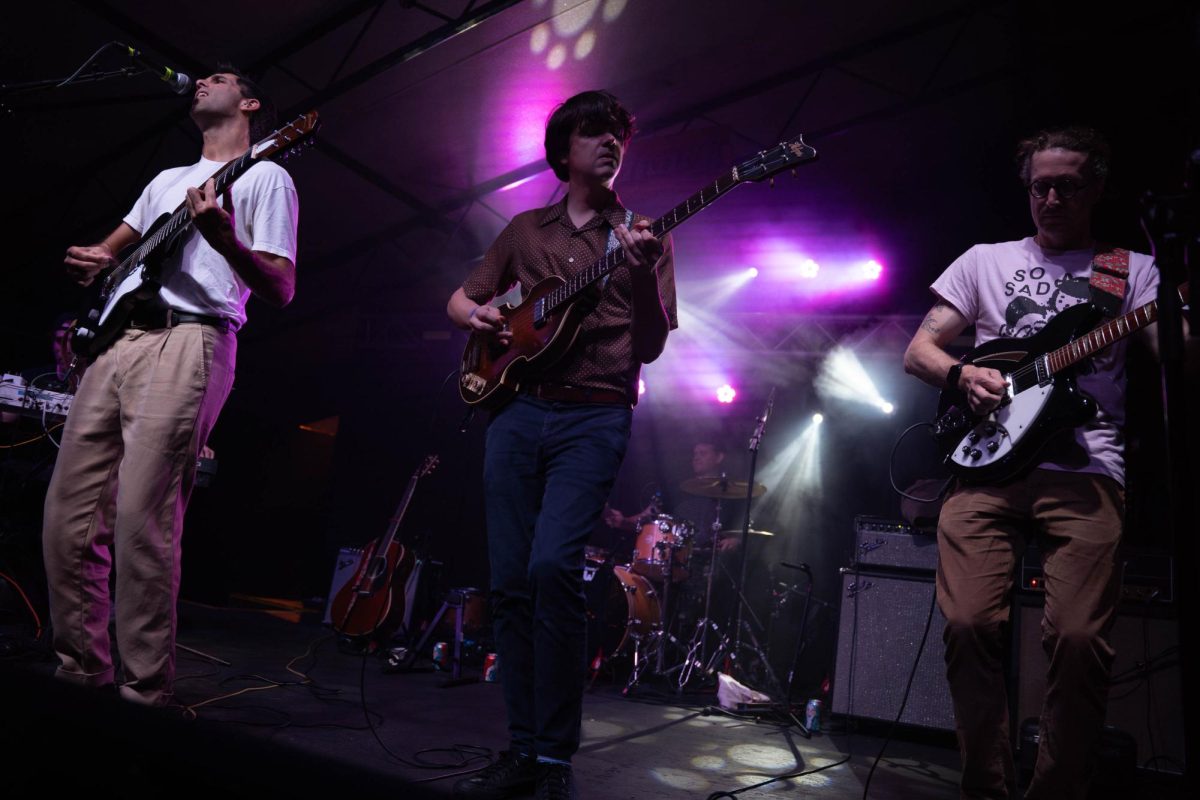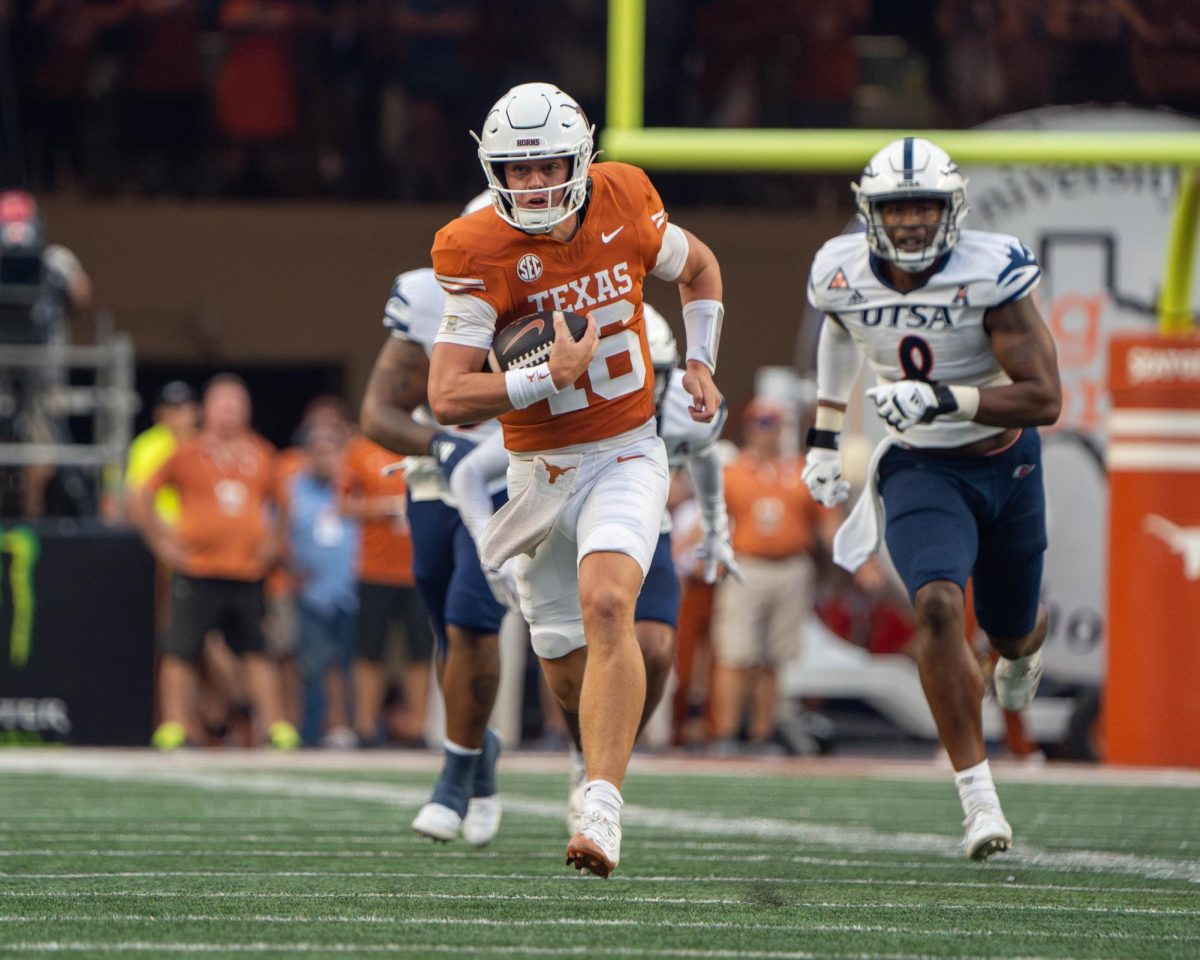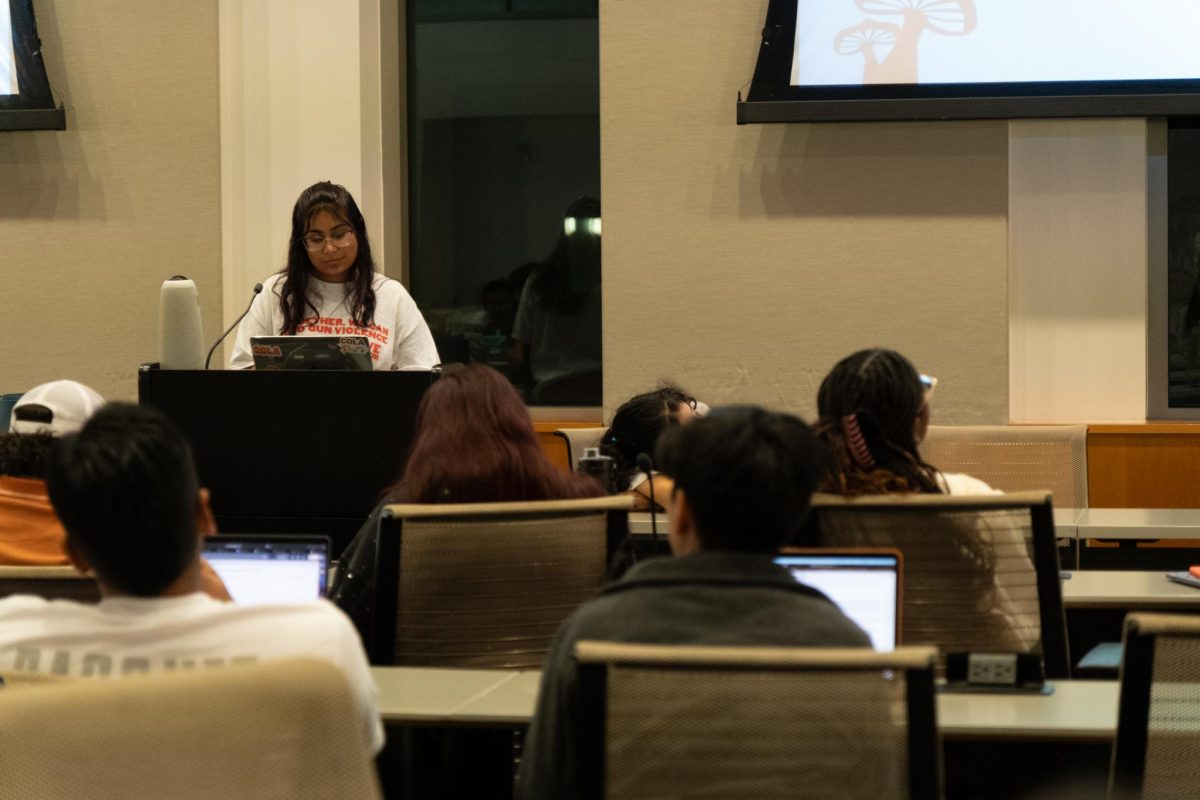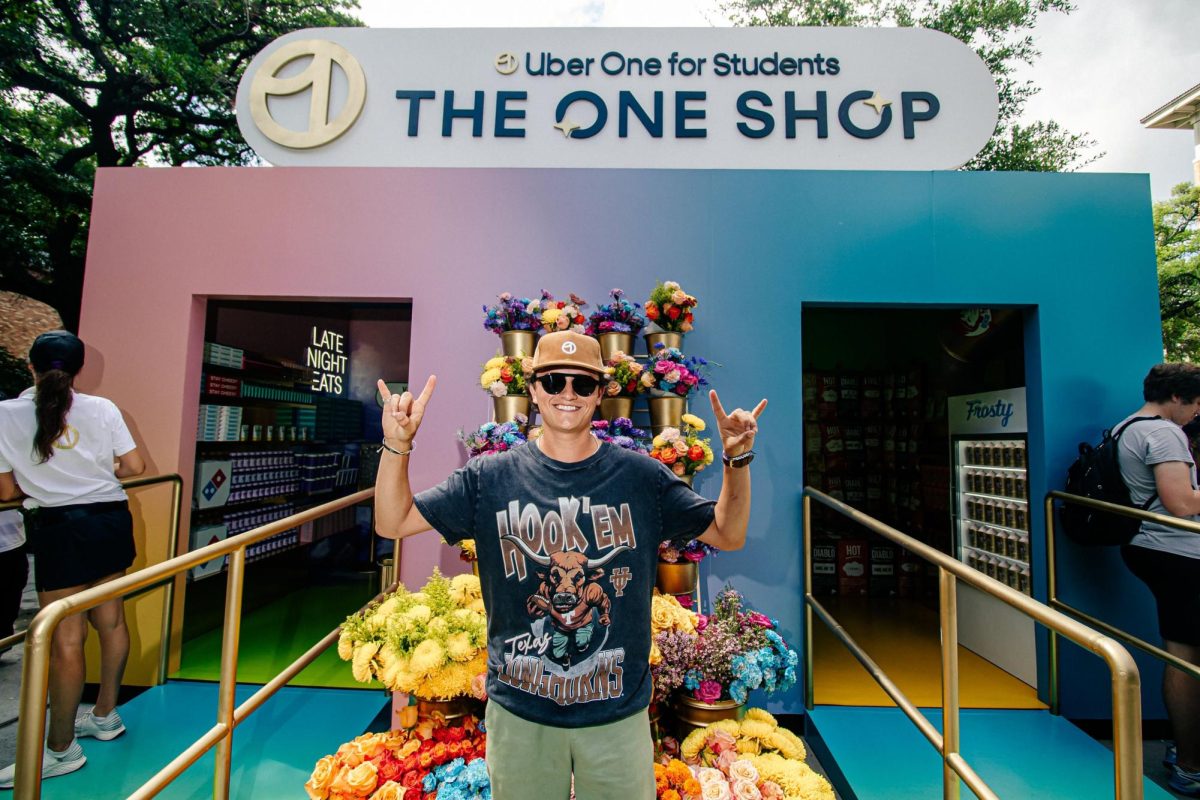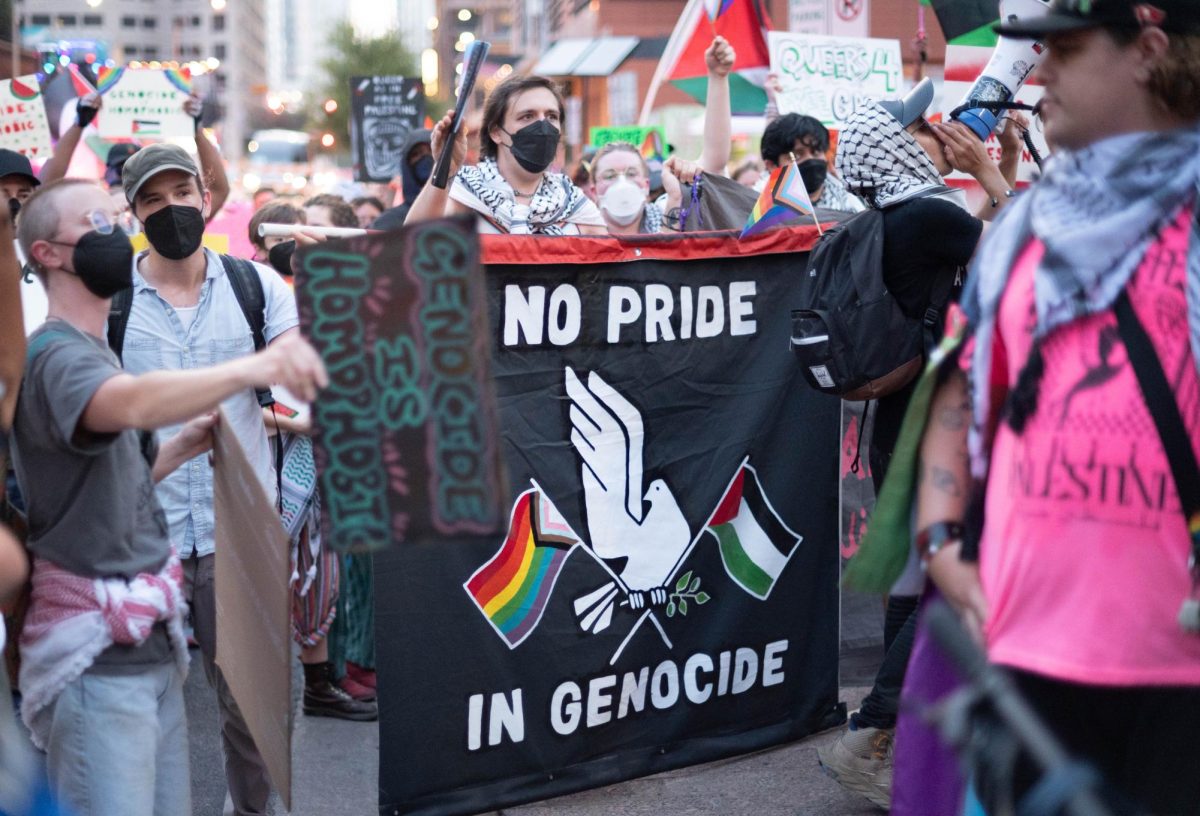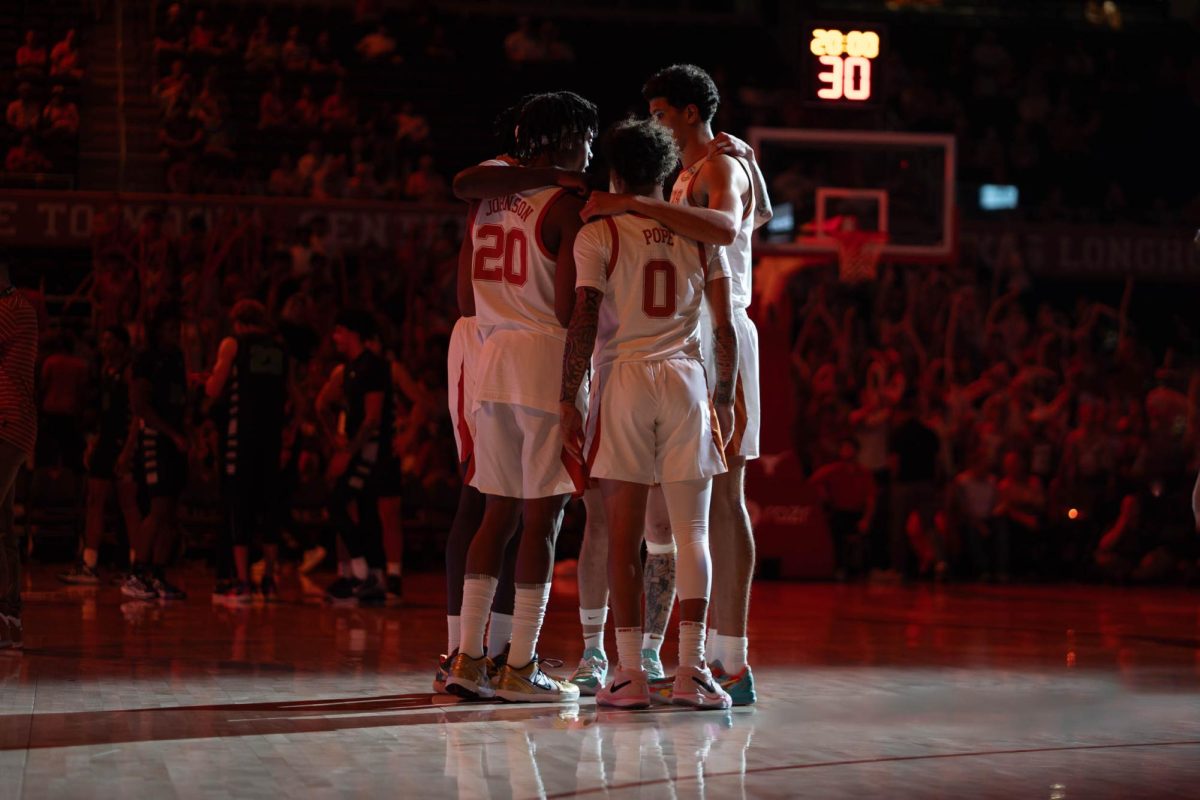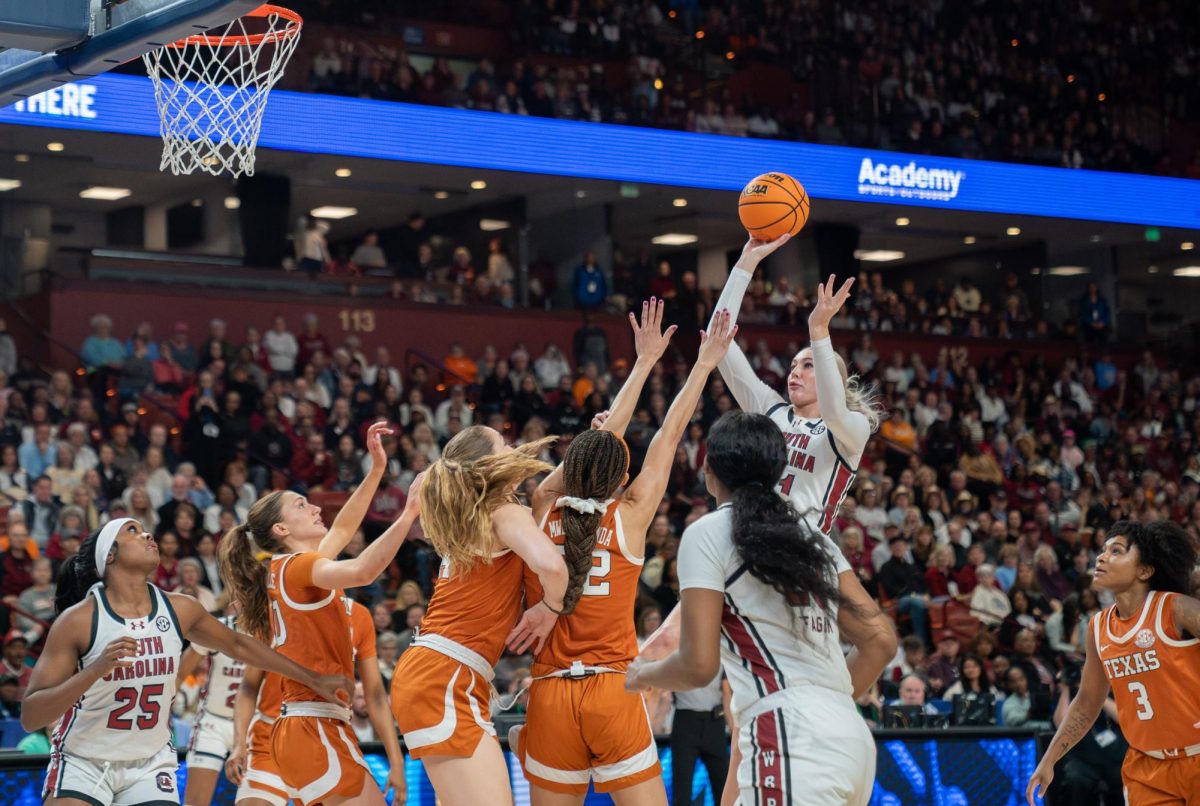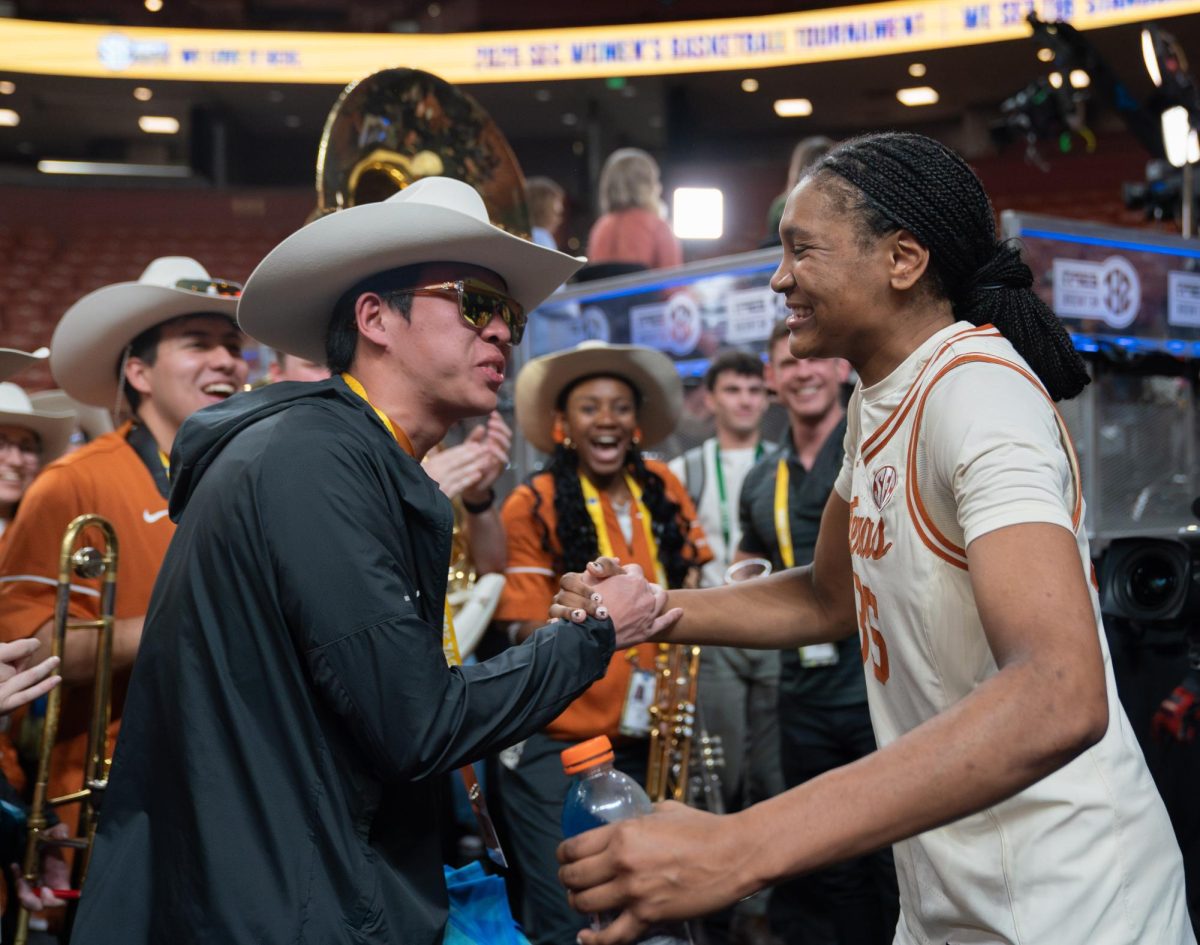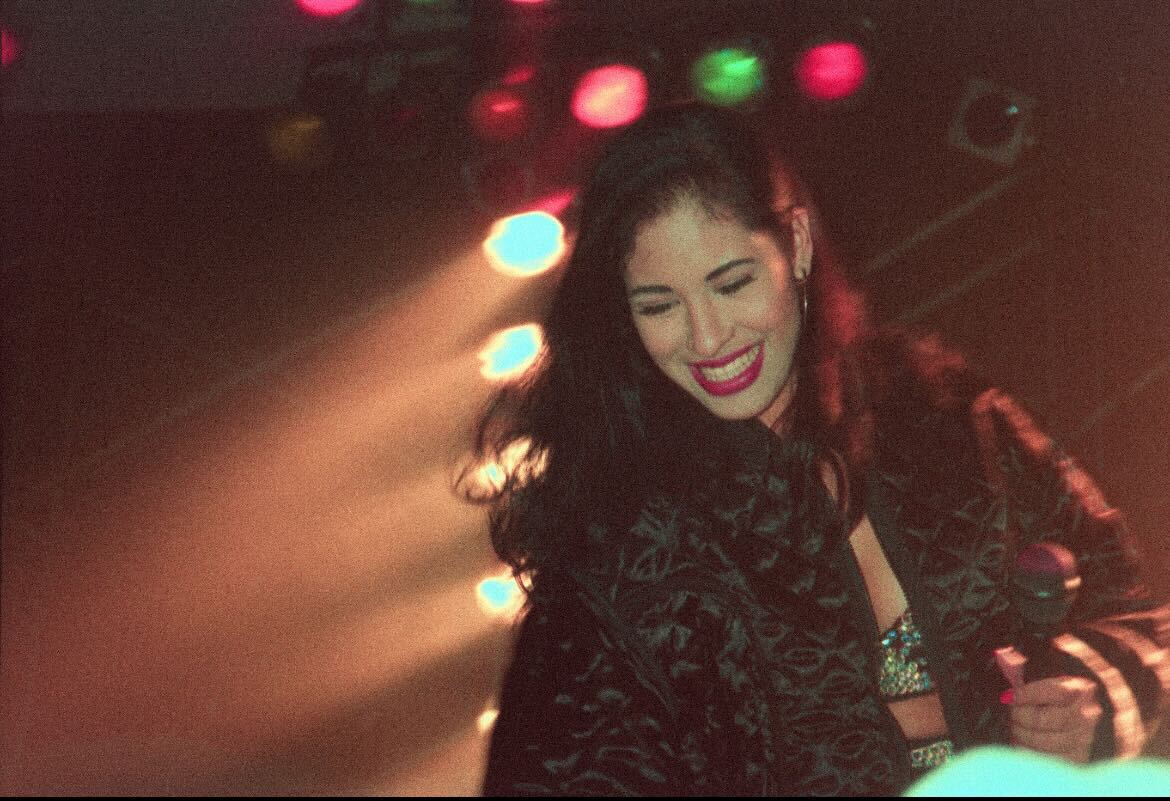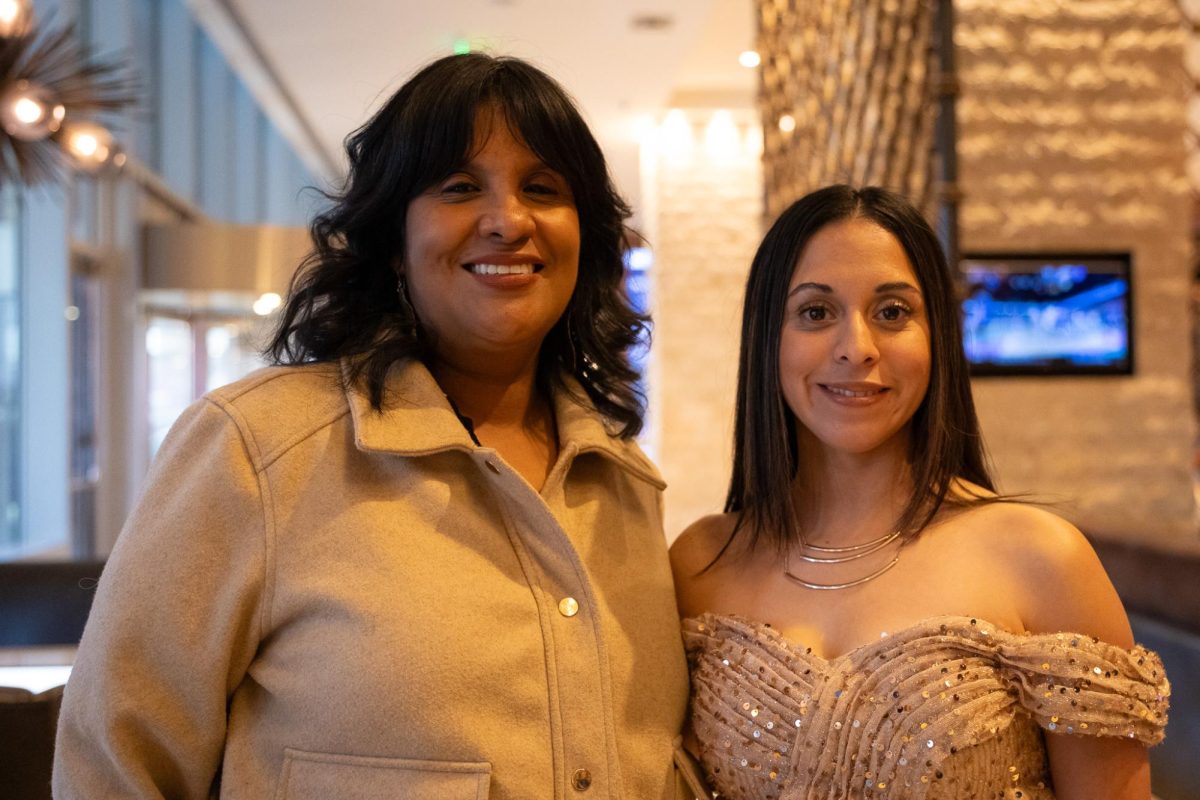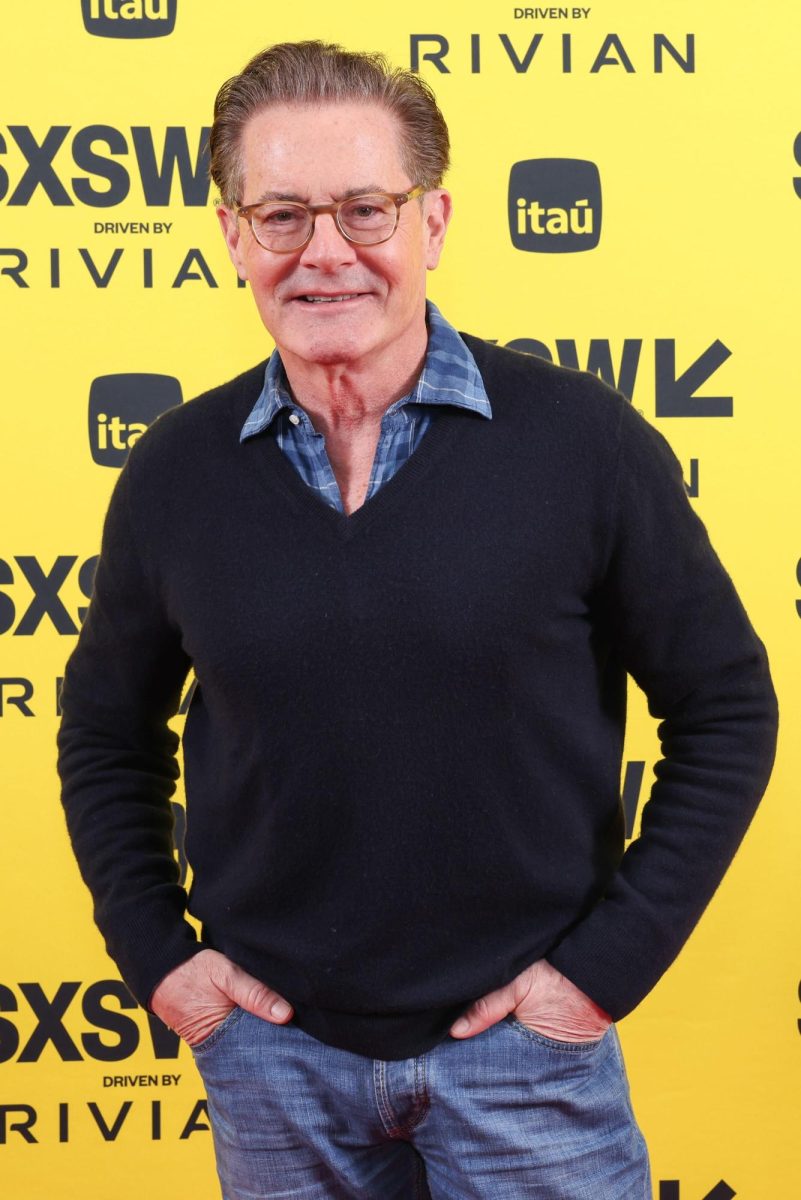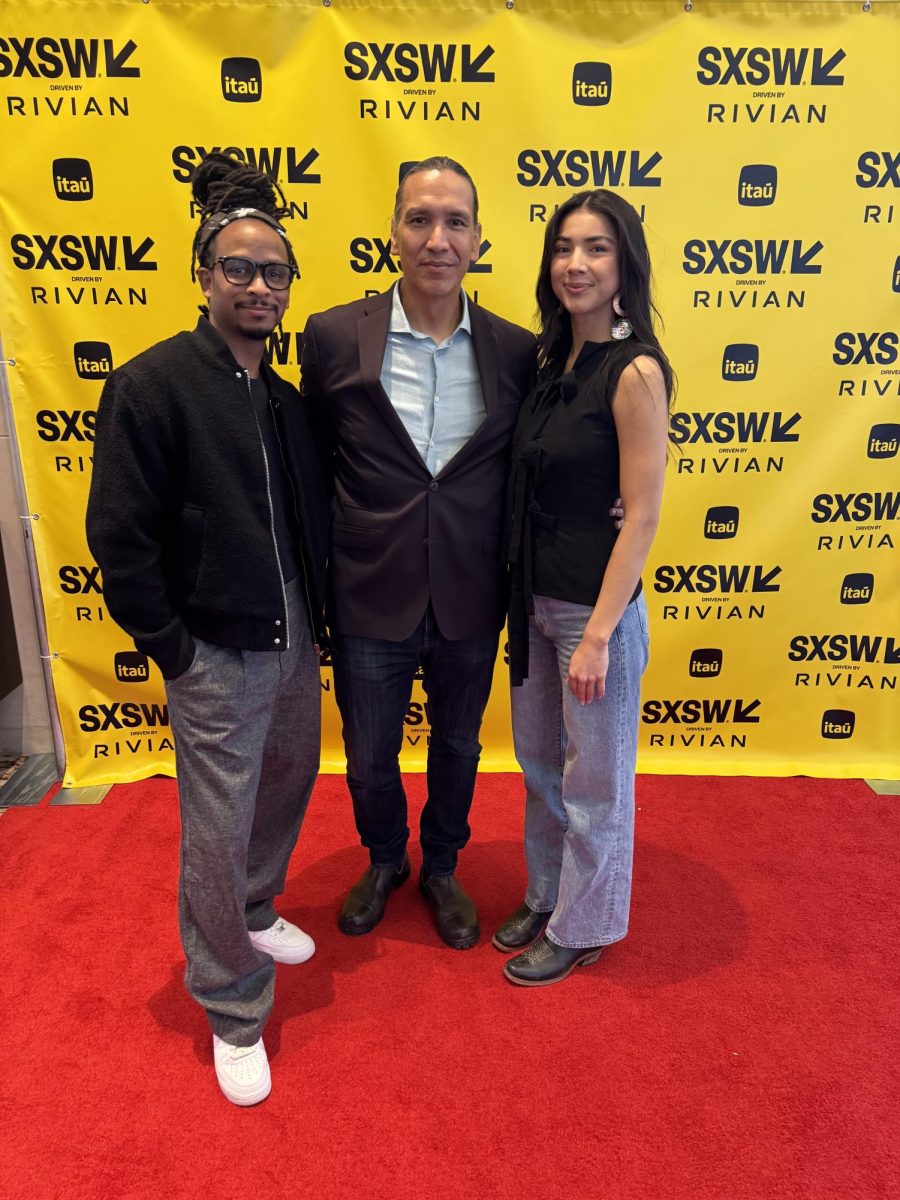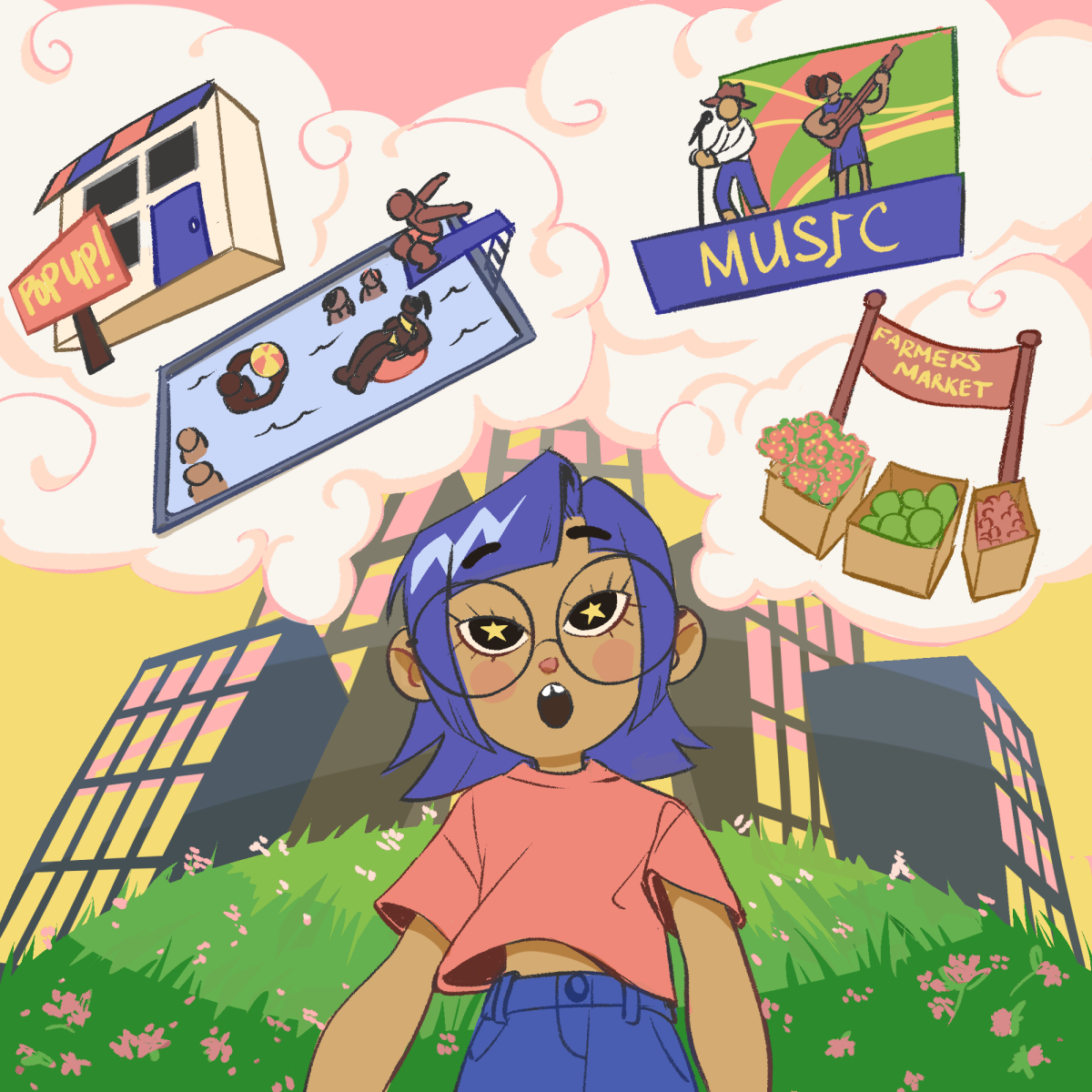A few months ago, Austin indie pop band Voxtrot released new music for the first time since dissolving in 2010. Since then, they released two more songs that preface their upcoming album and recently performed multiple shows around Texas. The Daily Texan spoke with Voxtrot frontman Ramesh Srivastava about the band’s revival ahead of their SXSW performances.
The Daily Texan: How is the band trying to embody the hopefulness expressed in Voxtrot’s three new releases?
Ramesh Srivastava: In the world at large for the past few years, there have been many challenging things, and I think people have constantly felt like emotionally needing to rise above something — me included. So, that has contributed to this hopeful aspect of the music. Personally, compared to where I was 12 years ago when the band split up, having lived so much life, learned so many lessons, done so many different kinds of therapy and overall grown as a person, I feel in a more hopeful place organically.
DT: Does Voxtrot plan to experiment stylistically or with different projects in the future?
RS: (While) doing this new Voxtrot album, I’m working on my third solo album. That album is pretty centered around my experience growing up as a gay person in Texas in the time I did and how that informed my life and weirdly how that informed my spiritual searching. … (Maybe we’ll be) more willing, whether it’s through Voxtrot or through my solo work, to address those realities of my life directly and see if being real about that is good for other people.
DT: How does it feel reuniting the band and seeing that you guys gained so many new and younger fans during your hiatus?
RS: When (the reunion tour) was announced, there would be catty people in the comments (saying), ‘Oh, it’s gonna be hard to find a babysitter in Brooklyn’ and stuff like that, so we (hoped) all the people that came to see us a decade ago (would) come again. We were so surprised to see all these new listeners, which I’m sure is because of streaming, YouTube, Instagram etc. … The fact that (we’re) actually connecting (with new listeners) makes me feel this is now connected with multiple generations; I know I have music like that in my life that I’ve revered since I was young, bands like The Beatles that were before my time but that have meant so much to me. It makes that music perennial or eternal, so it gives me a lot of hope about (our) music.
DT: What will the rest of the new album look like?
RS: We are trying to embrace more variation, fluctuations in tempo and use of horns … just pushing the boundaries and trying to go into different territories. When we were a band the first time, we were part of a scene of bands that all had this hybrid dance, indie upbeat sound. The most famous examples were The Killers, Bloc Party and Interpol. … Now that so much time has gone by, we’re not a new band anymore and not part of a scene in that same way, we have more freedom (and) less self-consciousness about going into new territories.

